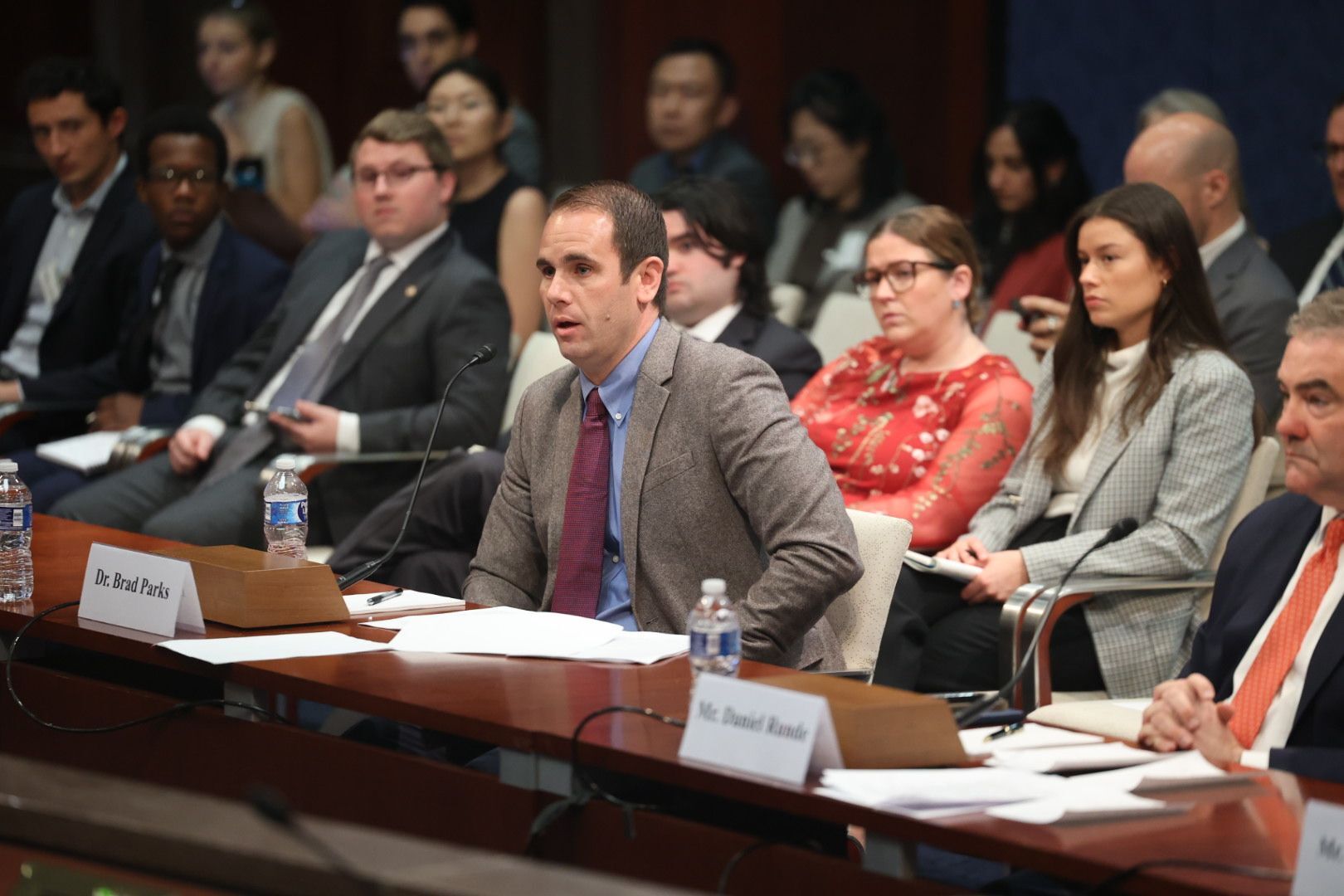The G20 took the extraordinary step last week of joining a meeting of the Paris Club, the informal forum where 19 member countries coordinate on debt reschedulings and write downs for countries that are in debt distress. The monthly meetings of the club (always in Paris) have long been known to be tight lipped, closed door, and well, clubby.
And while there is some overlap between the two groups, important G20 creditor countries like China, Brazil, and Korea are not members of the club.
The Paris Club since its founding has been associated with the OECD-type rich countries, a composition that is growing increasingly problematic. Just as concerns about the G7’s shrinking reach led to the new emphasis on the G20 beginning in 2009, debt policy experts have been concerned for some time now that the group has become a bit too exclusive.
The club’s effectiveness in addressing debt problems depends on a critical mass of countries participating in whatever workout is agreed to between the club and the debtor country. From this standpoint, it is problematic to have creditor countries with more than de minimus claims, most critically China, outside the club.
To be fair, the Paris Club members themselves are not seeking to maintain exclusivity. They would welcome the participation of other creditor countries that are willing to negotiate according to club principles. And in fact club practices have long encouraged ad hoc participation of associate members (including Brazil and Korea) and observers.
But it remains a challenge for the group of 19 countries to grow their numbers. As the club’s French chairman Ramon Fernandez noted in the Financial Times (firewall), “The door is open but it is still probably viewed in some places as a rich countries’ club. Joining a group that has this kind of image is a political decision.”
So last week’s joint G20-Paris Club meeting was an important overture to non-club members, particularly given Russia’s presidency of the G20. The Russians, with membership in both groups and alliances with the emerging market contingency of the G20, could prove uniquely effective in expanding the Paris Club’s roster of members.
Fortunately at the moment, there appears to be little risk that the club will be dealing with the kind of widespread debt problems in low income countries (LICs) that came to define the group of heavily indebted poor countries (HIPCs) over a decade ago. In fact, a recent IMF review of country-by-country debt sustainability analyses indicates that the risk of external debt distress has improved or remained stable in 90 percent of LICs since 2009. The obvious good news is that the massive HIPC debt relief gains have been sustained in the context of strong LIC economic performance.
That said, strong LIC performance is in the context of an unusual and uncertain external environment. Rwanda’s ability to sell debt to private bondholders at such attractive rates may speak well of the country’s economic performance, but it also speaks volumes about adjustments in risk appetite in this sustained low interest rate environment.
Importantly, monitoring potential problem cases (not necessarily Rwanda!) during uncertain economic times is another key part of what the Paris Club does each month. Yes, the group negotiates debt reschedulings when the need arises, but it also seeks to avoid the need by keeping a check on potential problem cases in a monthly Tour D’Horizon.
These days, the problems seem to be heavily biased toward emerging and advanced economies, which are no doubt featuring prominently on the Tour.
All the better that the Paris Club would seek to navigate this challenging landscape with a group of members that encompasses wealthy and emerging countries in the years ahead, and kudos to the club and the G20 for making the initial effort.
Now, why not make it a G20 deliverable to get all of the G20 membership to join the Paris Club? China, Brazil, Korea, are you listening? Did I mention the meetings are in Paris…every month?
CGD blog posts reflect the views of the authors, drawing on prior research and experience in their areas of expertise.
CGD is a nonpartisan, independent organization and does not take institutional positions.





